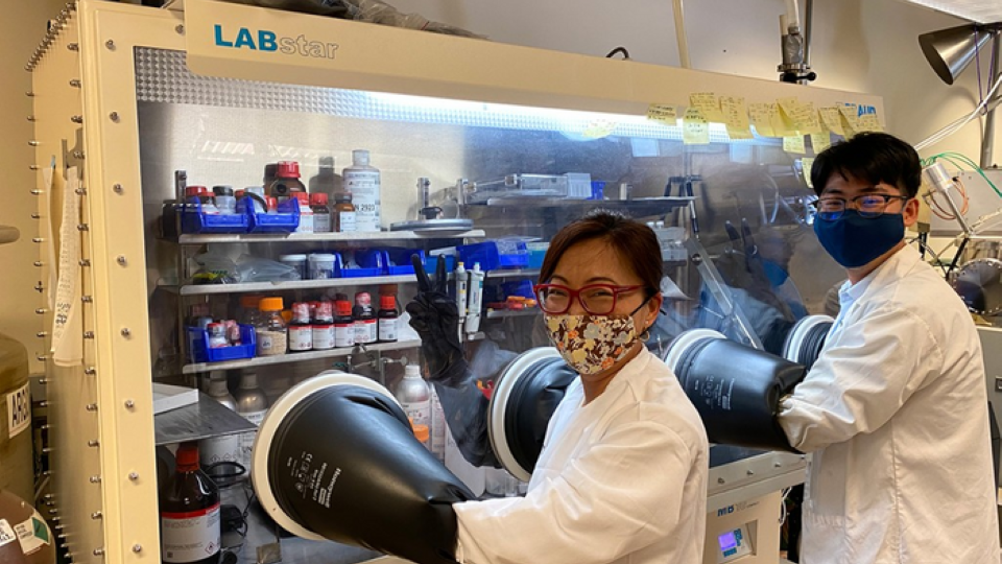Liquefied gas electrolytes point to safer batteries with high-energy
Engineers in the US have demonstrated liquefied gas electrolytes that simultaneously provide lithium metal batteries with high-energy density and temperature resilience.

The liquefied gas electrolyte (LGE), developed by a team led by Y. Shirley Meng, a professor at the University of Chicago’s Pritzker School of Molecular Engineering, also provides a path to sustainable, fire-extinguishing batteries that can be developed at scale. The research, involving Meng’s University of California San Diego labs, is detailed in Nature Energy.
Yijie Yin, a nanoengineering PhD student and co-first author of the paper, said: “In 2017, a team of UC San Diego nanoengineers discovered hydrofluorocarbon molecules that are gasses at room temperature and will liquefy under a certain pressure. They then invented a new type of electrolyte, which is called Liquefied Gas Electrolyte.” The related results were published in Science.
The LGE is claimed to greatly broaden the choice of electrolyte solvent molecules. The screened fluoromethane and difluoromethane small molecules have a low melting point, fast kinetics, and wide voltage window. With the combination of co-solvents, these characteristics make these liquefied gas electrolytes exhibit excellent low-temperature performance (< -60°C), Li metal Coulombic efficiency (>99.8 per cent), and high performance of high-voltage cathodes.
Register now to continue reading
Thanks for visiting The Engineer. You’ve now reached your monthly limit of news stories. Register for free to unlock unlimited access to all of our news coverage, as well as premium content including opinion, in-depth features and special reports.
Benefits of registering
-
In-depth insights and coverage of key emerging trends
-
Unrestricted access to special reports throughout the year
-
Daily technology news delivered straight to your inbox










Water Sector Talent Exodus Could Cripple The Sector
Maybe if things are essential for the running of a country and we want to pay a fair price we should be running these utilities on a not for profit...